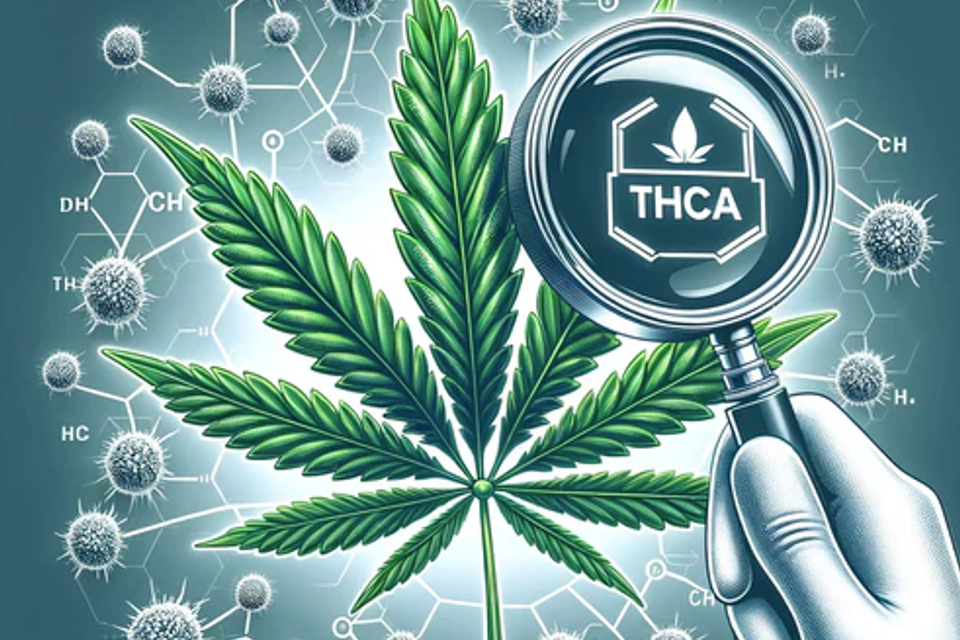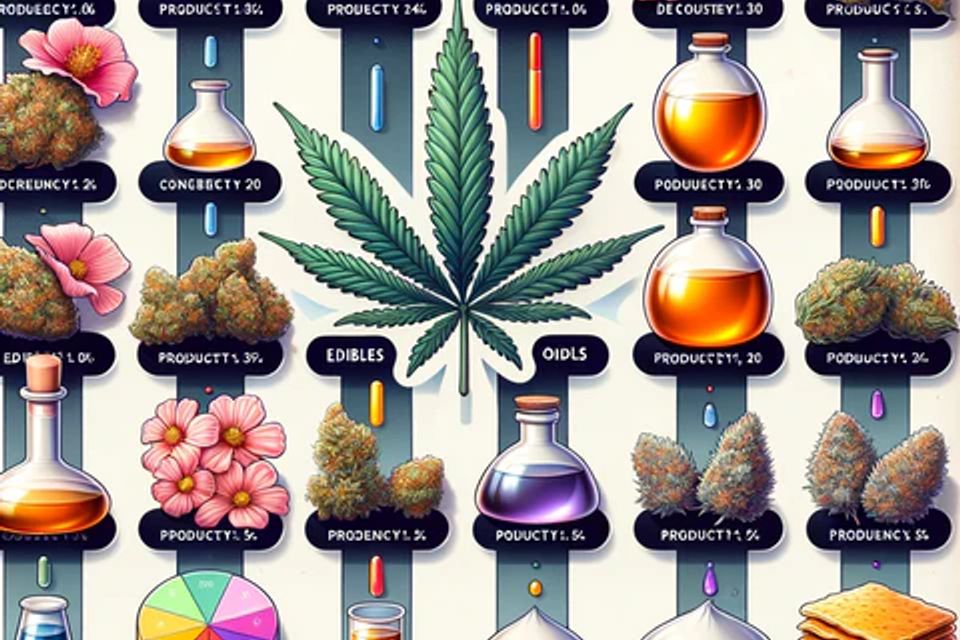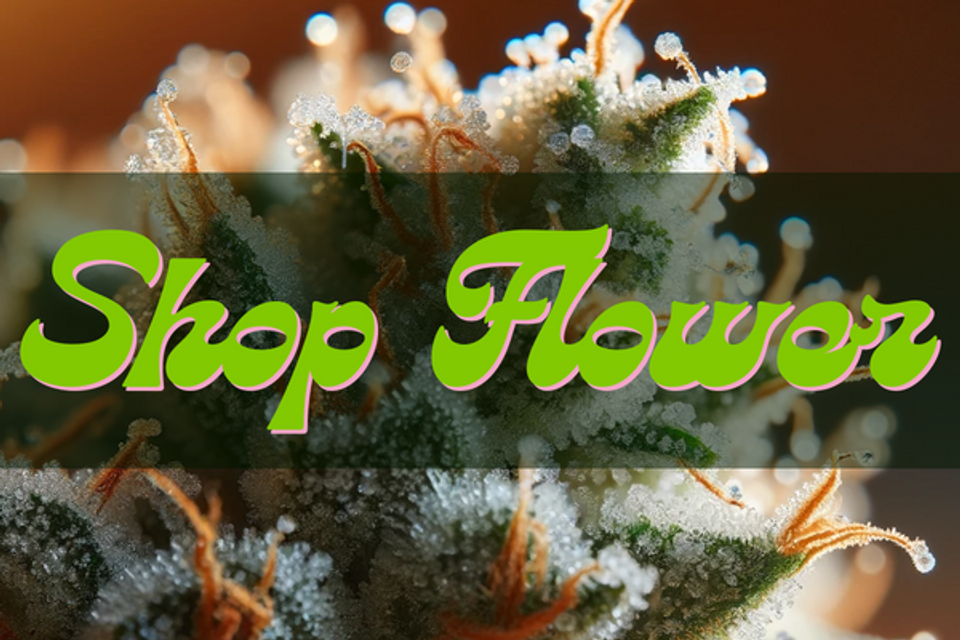
What is THCA and Its Role in Cannabis?
THCA, or Tetrahydrocannabinolic acid, is a non-psychoactive cannabinoid found in raw and live cannabis. As the precursor to THC (tetrahydrocannabinol), THCA is transformed into THC through decarboxylation, a process typically involving heat. This transformation is significant in understanding cannabis potency and effects. THCA itself has gained attention for its potential therapeutic benefits, separate from the psychoactive effects of THC.
In raw cannabis, THCA is present in varying concentrations. Its levels depend on factors such as the cannabis strain, cultivation methods, and storage conditions. In this context, understanding the implications of a 25% THCA concentration in a cannabis product is essential for both consumers and industry professionals. This concentration level is considered high and can indicate a potent product once converted to THC, impacting the user's experience significantly.
Is 25% THCA Considered High in Cannabis Products?
In the cannabis industry, a 25% concentration of THCA is generally regarded as high. This high concentration indicates that the product will yield a substantial amount of THC upon decarboxylation. For consumers, this means that products with 25% THCA are potent and can produce strong effects, especially for those with lower tolerance levels. It is crucial for users to understand this potency to ensure responsible consumption and avoid unwanted side effects.
The high THCA content also suggests quality cultivation and processing practices. It reflects the growers' skill in breeding and nurturing strains with high cannabinoid content. For dispensaries and retailers, such as Grateful Bud, offering products with this level of THCA can attract customers seeking potent and effective cannabis experiences. However, it is equally important to educate consumers about the effects and responsible usage of such high-potency products.
The Science Behind THCA and THC Conversion
Decarboxylation Process: Turning THCA into THC
Decarboxylation is a chemical reaction that removes a carboxyl group from THCA, converting it into psychoactive THC. This process occurs naturally over time but is expedited by applying heat, such as during smoking, vaping, or cooking. The efficiency of decarboxylation depends on factors like temperature, duration, and the method used.
The conversion ratio of THCA to THC is not a simple 1:1 process. Due to the loss of the carboxyl group, THCA loses about 87.7% of its weight during decarboxylation. Therefore, a 25% THCA content will not translate to 25% THC. Understanding this conversion is crucial for consumers and manufacturers, especially when producing THC edibles, where precise dosing is critical for consistency and safety.
Implications of High THCA in Different Cannabis Products
The presence of high THCA levels has varying implications across different cannabis products. In raw cannabis flowers, such as those found in the THCa flower collection at buythca.online, high THCA indicates potent potential effects post-decarboxylation. In contrast, for products like THC edibles, the decarboxylation process is controlled to ensure a consistent THC level in the final product.
For medicinal users, high THCA might also be desirable for its therapeutic properties without the psychoactive effects of THC. This aspect is particularly relevant for users who seek the potential benefits of cannabinoids without experiencing the 'high.' The industry's growing understanding and appreciation of THCA's unique properties underscore the importance of accurate labeling and consumer education.
Conclusion
In conclusion, the significance of a 25% THCA concentration in cannabis products cannot be understated. This level of potency marks a notable high in the realm of cannabis products, indicating a product that will yield considerable psychoactive effects once converted to THC. Understanding the intricacies of THCA, including its decarboxylation to THC, is crucial for both consumers and professionals within the cannabis industry. It helps in gauging the potency, anticipating the effects, and ensuring responsible consumption.
For medicinal users, the presence of high THCA offers a realm of potential benefits, distinct from the psychoactive properties of THC. This highlights the diverse applications and benefits of cannabinoids in various forms. As the cannabis industry evolves, the emphasis on education and understanding of cannabinoid compositions, like THCA, becomes increasingly important. Whether for recreational or medicinal purposes, knowledge about THCA levels and their implications is key to a safe and enjoyable cannabis experience.
Dispensaries and retailers, such as Grateful Bud, play a pivotal role in this educational journey, providing not just high-quality products but also the necessary information to ensure informed choices by consumers. From raw cannabis flowers to THC edibles, the industry is tasked with the responsibility of transparency and guidance, making the cannabis experience both enjoyable and safe.
Remember, whether you are looking to buy THCa online or explore options like THCa flower or THC edibles, it's essential to be informed and responsible. The journey of understanding cannabis and its components like THCA is not just about enjoying its benefits but also about respecting its potency and impact.



